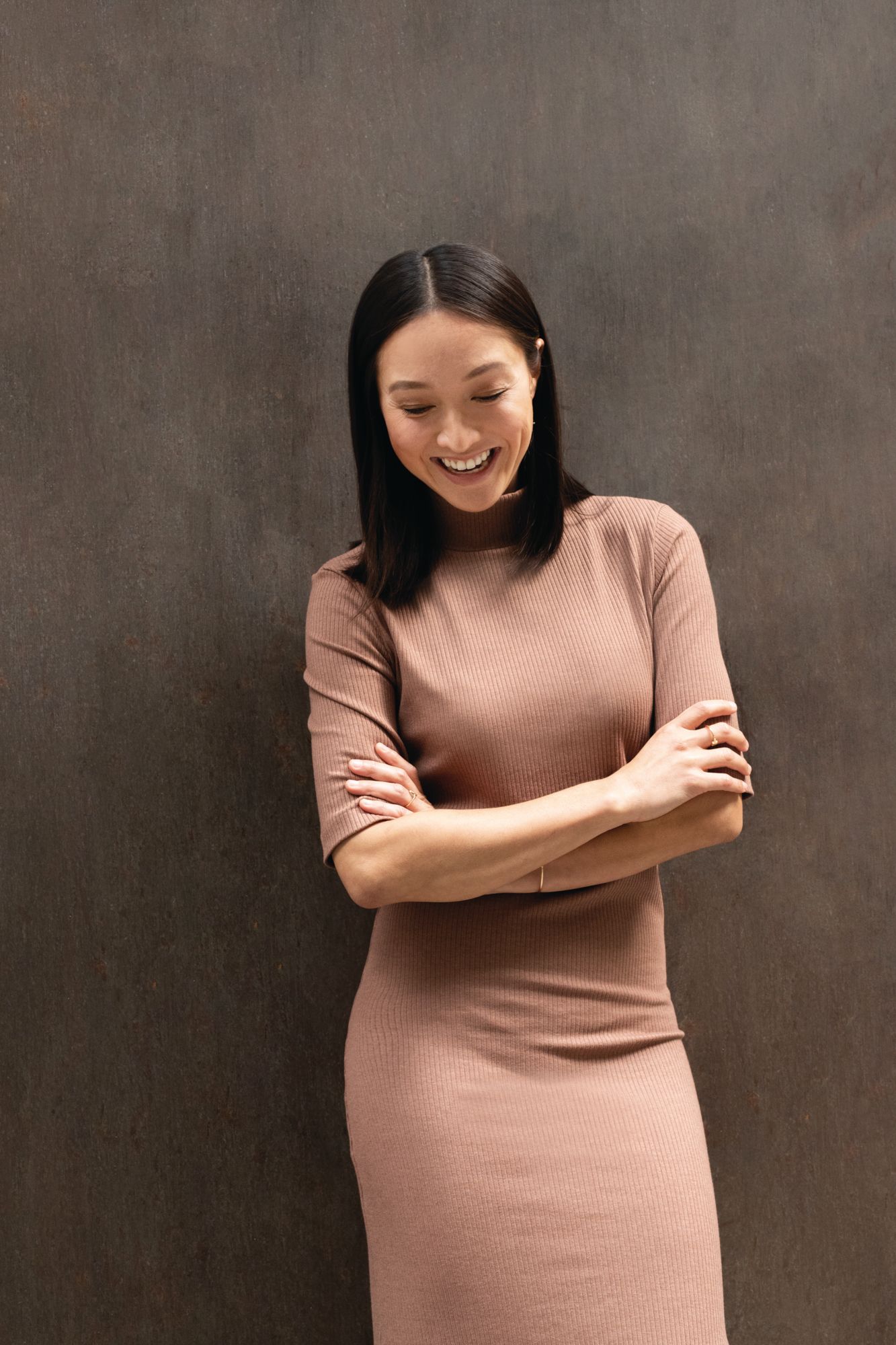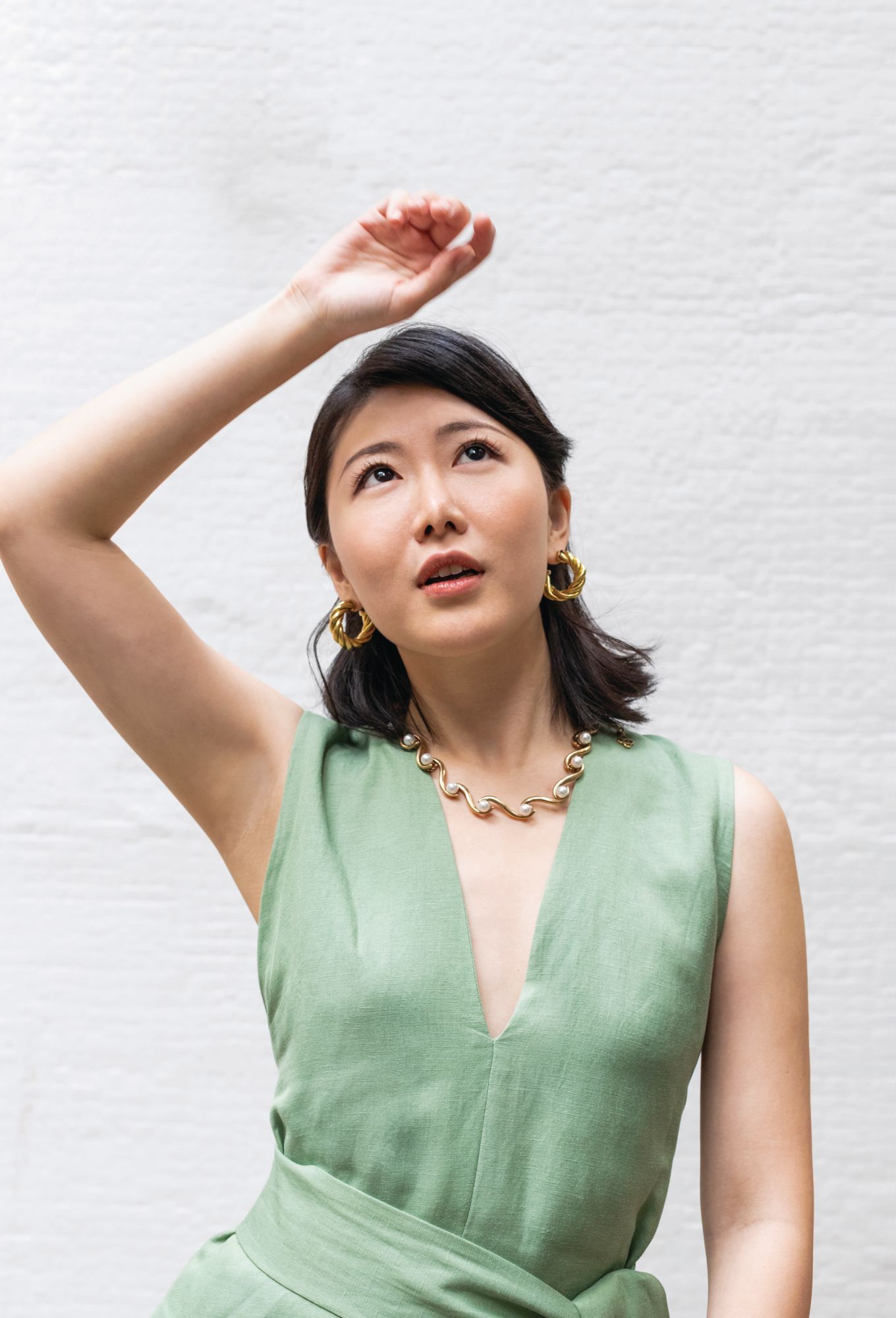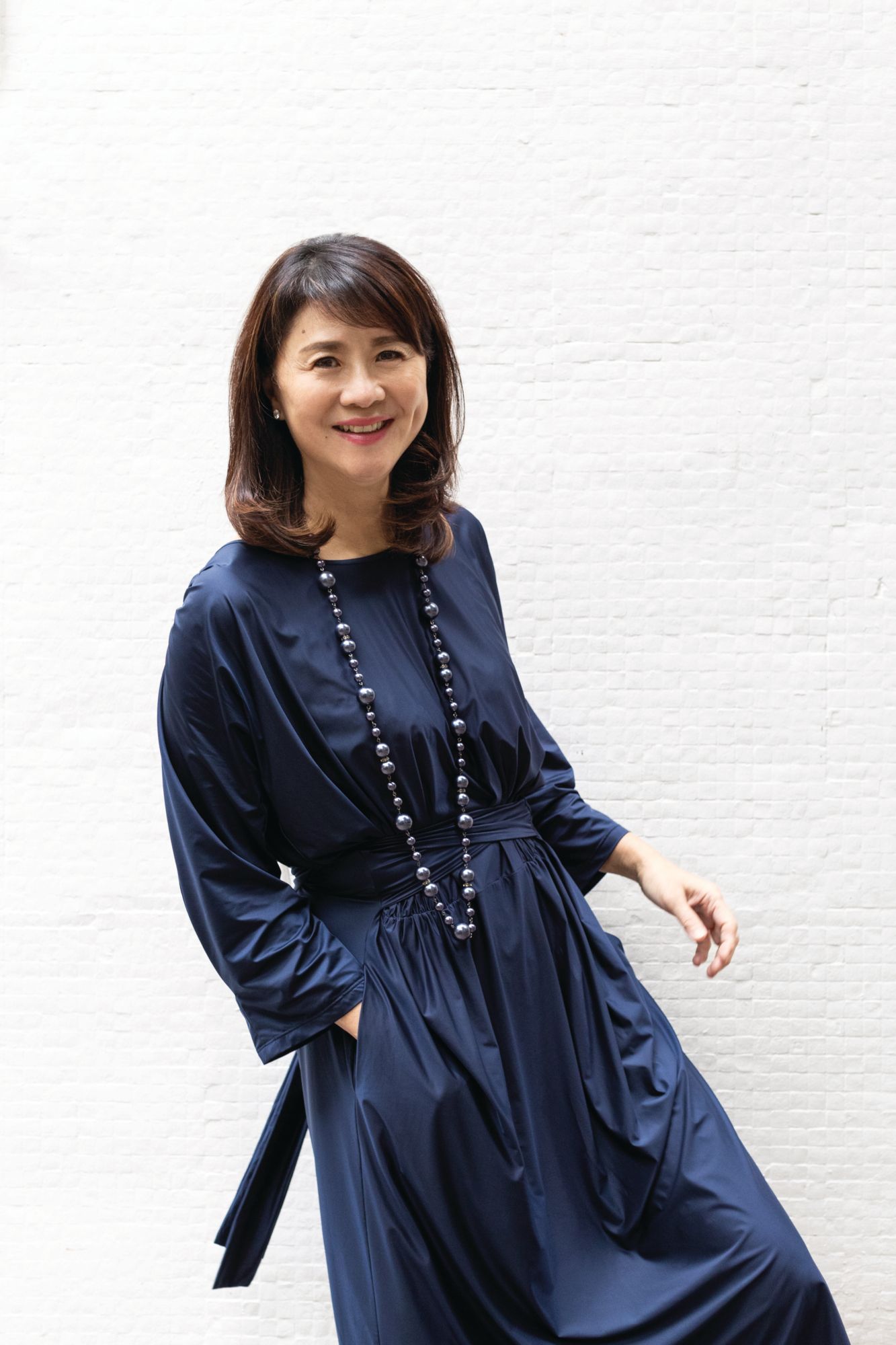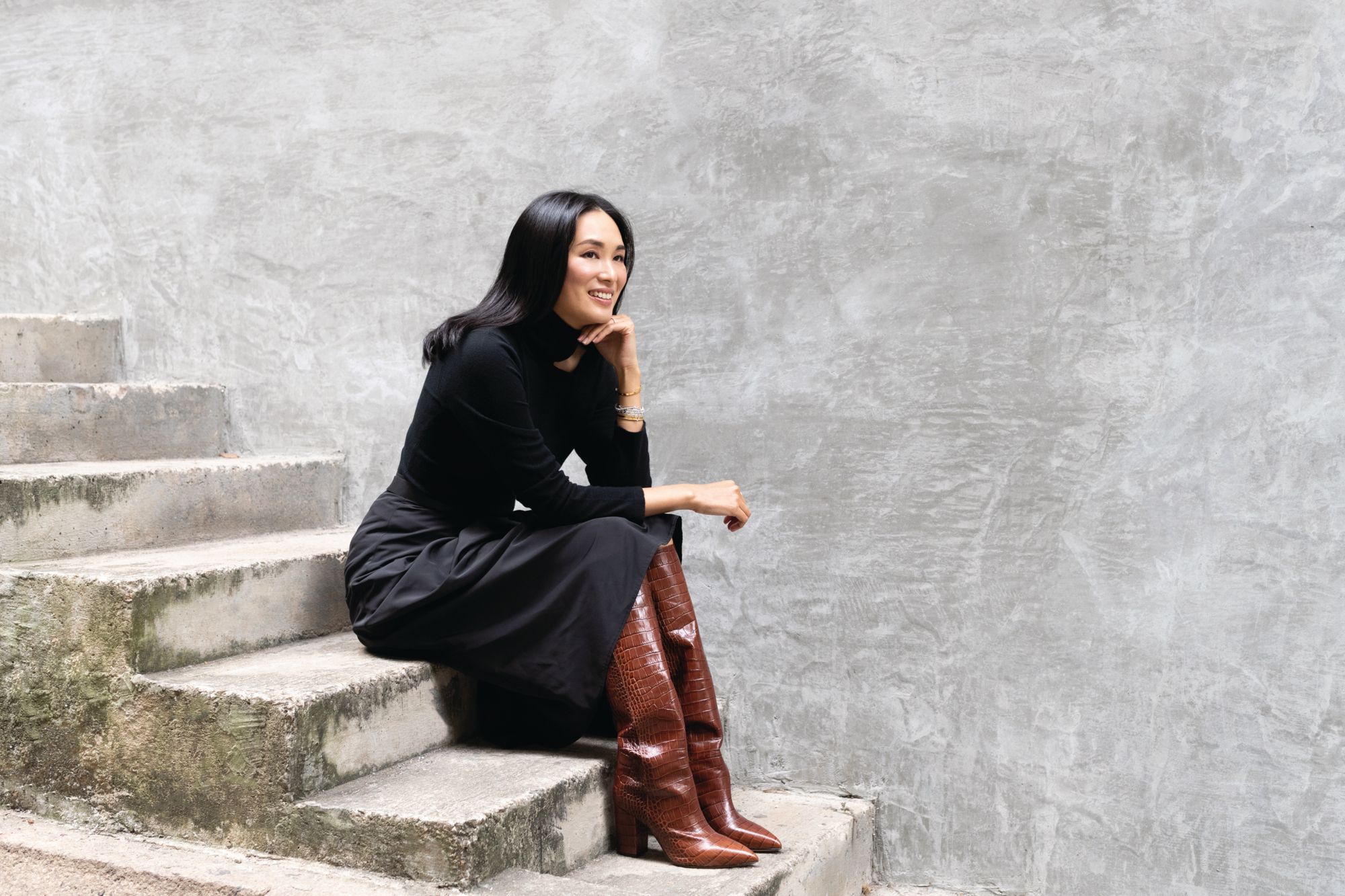As more women take charge of their financial portfolios, they are finding that beyond generating wealth, their capital also has the power to make positive social change
Amy Lo, co-head of UBS Global Wealth Management Asia Pacific, found her way to sustainability-minded investing through her love of cooking—after meeting the founder of Impossible Foods about six years ago, she began using its plant-based meat substitutes to make burgers and sandwiches, while talking up its business to potential investors.
For Jennifer Poh, an independent investor, it was a period spent learning yoga and travelling the world that made her realise, “there’s so much young entrepreneurial energy that is coming out of the developing parts of the world”. Angelina Yao, the founder and CEO of Heels & Yield, a Hong Kong financial education company, remembers a childhood trip to Beijing where a severe reaction to the pollution inspired her to pursue a career that included finding ways to help the environment.
And Scarlett Yin was just in kindergarten when, heeding the wise words of a grandmother, she realised that no one lives forever. “I got so scared of the limitation of time that one individual can exist on this planet, and I decided I wanted to leave a legacy behind,” she says. She decided to make a substantial impact by advocating for environmental, social and corporate governance (ESG) investing.
They are part of a trend of investors who are focused on the environmental and social impacts of their capital, wielding their influence on businesses that address problems in education and equality, and also support start-ups led by other women. The majority of female investors globally want to use their wealth to make a positive change, according to Lo, who cites surveys showing as much as 88 per cent of women respond favourably to sustainable investing. UBS estimated in 2017 that women could invest US$2.3 trillion in improving social good this year.
Christina Dean, a founder of Redress, the sustainable fashion design competition, and the R Collective, an upcycled fashion brand, has seen the benefits, having promoted many social impact businesses over the last 14 years while also seeking capital to build her own. “I’ve become more focused on how investors can make more noise in the mix to drive change,” she says. “My interest in the investor space developed both because of frustration—put simply, not enough is happening fast enough—and also because of greater influence of and access to powerful groups of investors, many of whom are women, who want to see their cash make change.”
While seeking investments for the R Collective, she encountered several like-minded women who are seeking to transform the way women approach their portfolios through education and empowerment.
“These women ultimately welcomed me into a new world where money still talks, but it talks also about positive change,” Dean says.
See also: Seeing Green: What You Need To Know About Investing In Plant-Based Meat
Jennifer Poh, Independent investor moving her practice from Hong Kong to Singapore

Mission Statement: I was a corporate lawyer, working on capital markets deals, including debt financing for companies as well as IPOs. After I left private practice, I had the privilege of having some time off. I travelled around the world, including time in India training in Ashtanga yoga and doing my teacher training in Nicaragua. Yoga has been a huge part of the change in me. I changed from being a careless meat eater to training in raw vegan cuisine, and from binge-shopping on fast fashion to selling and giving away a large part of my wardrobe. A teacher told me that the definition of a yogi is someone who makes the world a better place than before he or she came into it, and this has become my guiding principle in life.
Starting Out: The first question for women starting their journey to impact investing is, What’s your theory of change? What areas are you interested in? As you consume, well, what are you more concerned about? If your fridge is full of plant-based burgers, then focus on investing in companies that support that cause.
Lessons Learned: During my travels, I got to work on a project to help an education start-up in Johannesburg expand to the rest of Africa. That really influenced my views. While I was confronted by tragic poverty in Soweto and the other poor townships in South Africa, I was also left with a lot of enthusiasm for change. It made me believe that the allocation of the right capital to the right causes can really make a difference. Impact investing in many ways is an improved version of philanthropy.
See also: 8 Richest Women In Hong Kong, 2021



